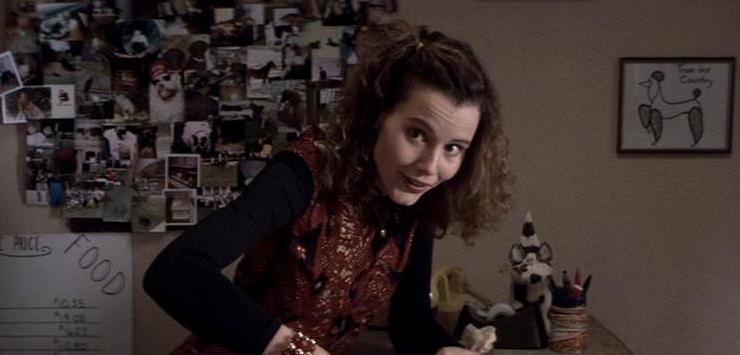
 |
| Photo © 1988 Warner Bros. Pictures |
| Academy Award Nominations and Winners: | |
| Best Picture | |
| ★ | Best Supporting Actress: Geena Davis |
| Best Adapted Screenplay: Frank Galati & Lawrence Kasdan | |
| Best Original Score: John Williams | |
| Golden Globe Nominations: | |
| Best Picture (Drama) | |
| Best Original Score: John Williams | |
| Other Awards: | |
| New York Film Critics Circle: Best Picture | |
| Permalink | Home | 1988 | ABC | Blog |